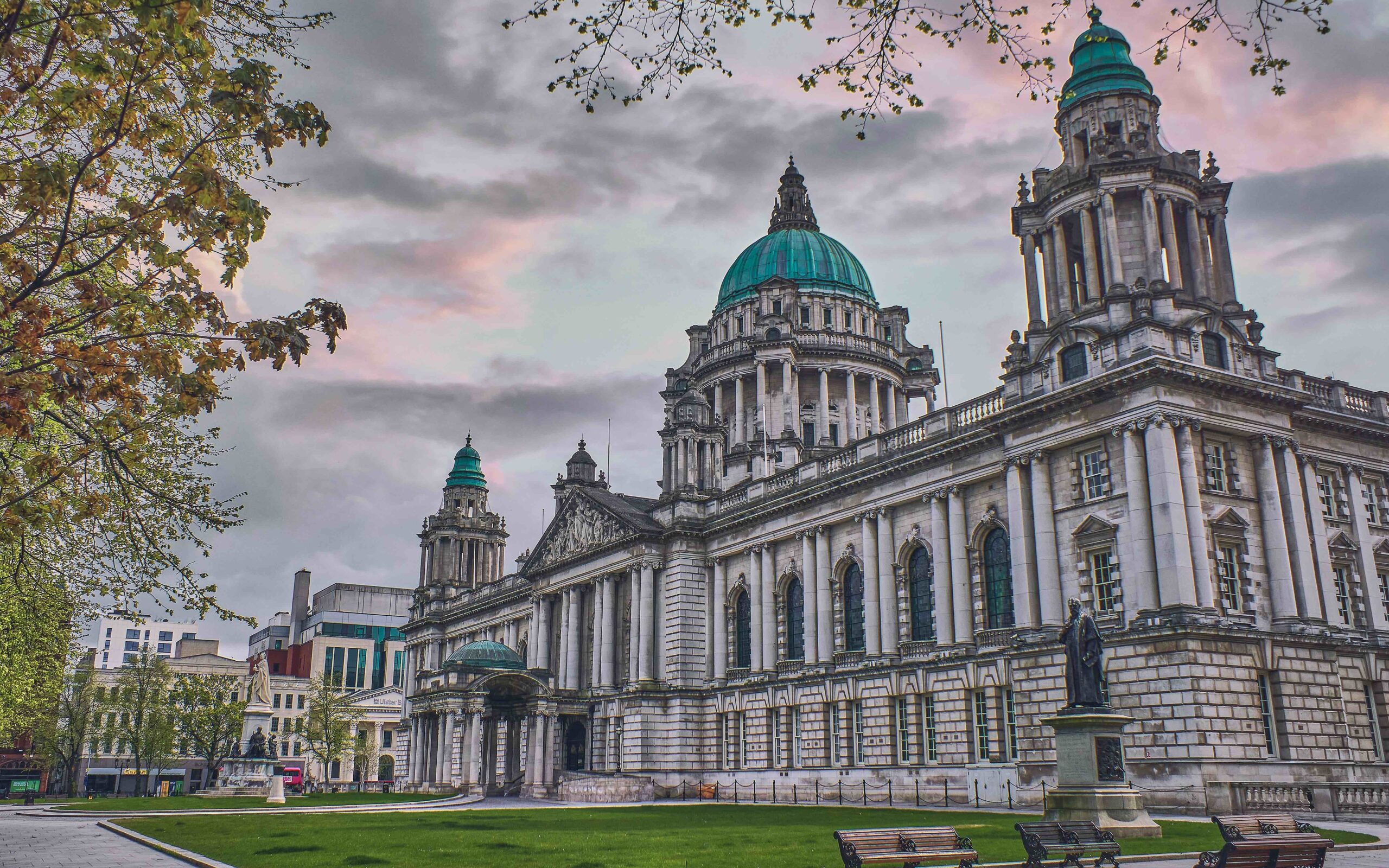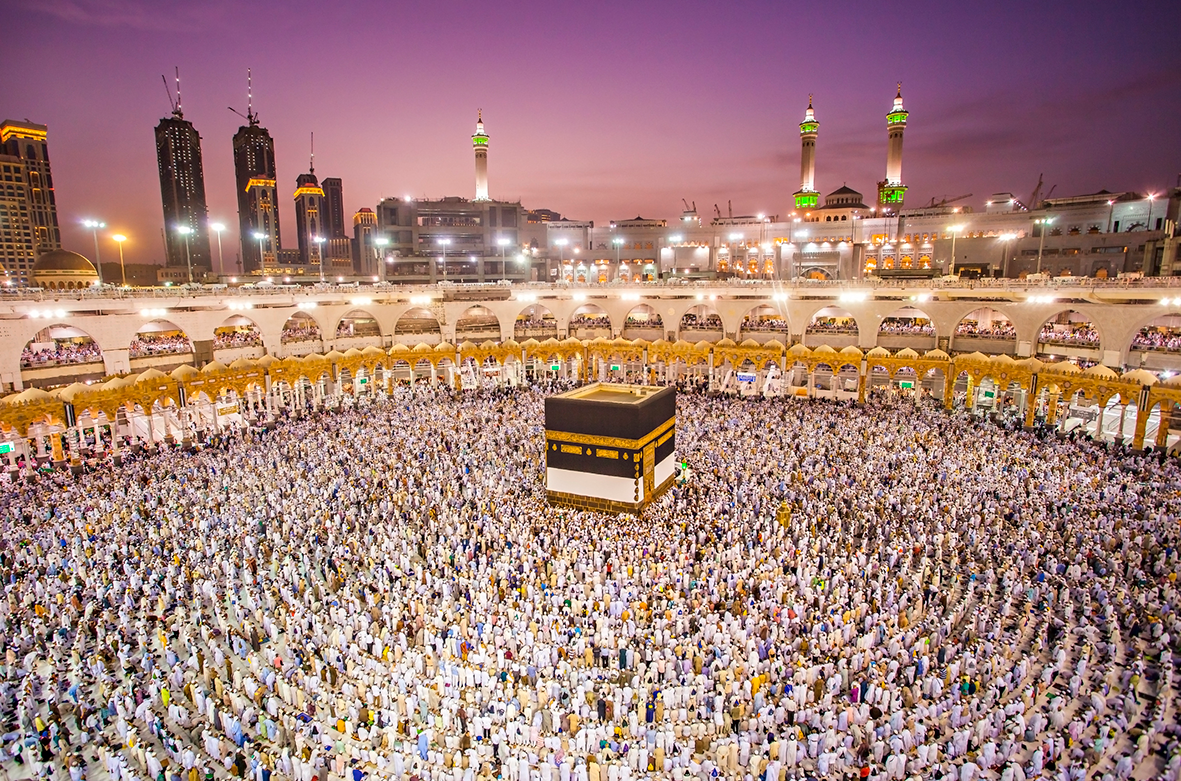Learning objective
- To explore the concept of pilgrimage and its relevance in the UK.
Success criteria
- I can identify and discuss different types of
This content is for subscribers only. Join for access today.
Religious Education Council Curriculum Framework for RE in England (non-statutory guidance):
- A1: Describe and make connections
This content is for subscribers only. Join for access today.
Cross-curricular links
RSE
Respectful relationships
Pupils
This content is for subscribers only. Join for access today.
Before the lesson
This content is for subscribers only. Join for access today.
Lesson plan
Lesson recap
Show the Presentation: Spot the mistake and ask the children to identify which statement is incorrect.
This content is for subscribers only. Join for access today.
Extended-mode explainer videos
How to extend your display to view the lesson page and preseantion mode simultaneously. Choose your operating system below to watch the video
If you need further support with extending your display,
please contact [email protected].
Extended-mode explainer video: For Mac
Extended-mode explainer video: For Windows
Adaptive teaching
Pupils needing extra support
Could use the Activity: Personal passports: support version and complete the sentence stems; could refer to the Resource: Knowledge organiser: Is it better to be there? to help with understanding key vocabulary.
Pupils working at greater depth
Could conduct a debate about the importance and relevance of pilgrimage in modern society and explore virtual connections.
This content is for subscribers only. Join for access today.
Assessing progress and understanding
Pupils with secure understanding indicated by: explaining the significance of various
This content is for subscribers only. Join for access today.
Vocabulary definitions
-
Annunciation
In Christian belief, the event where the Angel Gabriel announced to the Virgin Mary that she would give birth to Jesus.
-
doctrines
Formalised beliefs or principles held by a religious, academic or political group.
This content is for subscribers only. Join for access today.
In this unit
Assessment - R&W Y6: Why is it better to be there in person?
Lesson 1: What can make a space significant? People, place or practice?
Lesson 2: Why might a Jewish person want to visit Jerusalem?
Lesson 3: Why is Jerusalem significant to some Muslim people?
Lesson 4: How can shared challenge bring people together?
Lesson 5: Are all journeys pilgrimages?
Lesson 6: Why is it better to be there in person?





